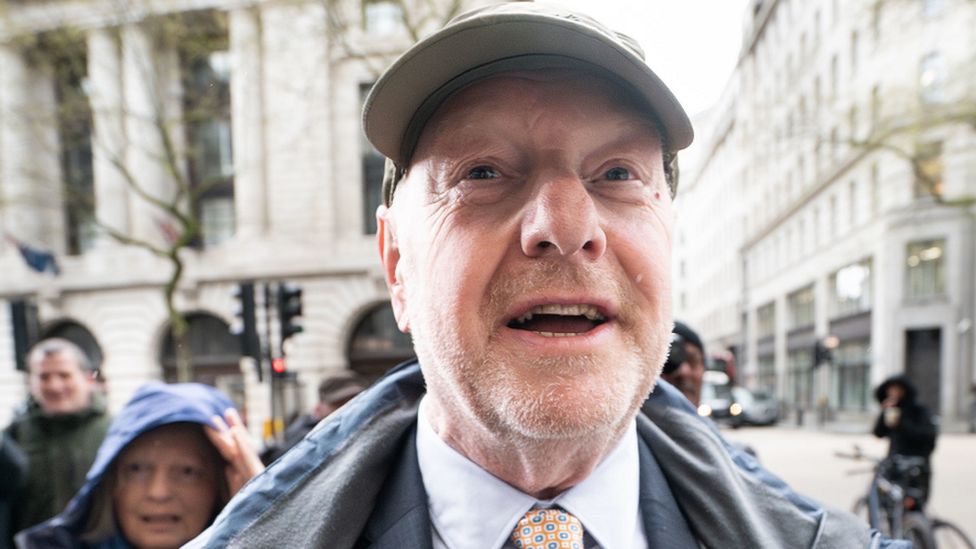
Former sub-postmaster Alan Bates says he will consider raising funds for private prosecutions of Post Office bosses over the Horizon IT scandal.
He told the BBC he would act if the authorities did not take cases forward.
"It was fine when the Post Office brought private prosecutions, so if we've got to do it in return so be it", he said.
More than 900 sub-postmasters were wrongly prosecuted for shortfalls caused by faulty Horizon software.
Many of the prosecutions were brought by the Post Office itself.
Former Royal Mail and Post Office executives, who were in charge when sub-postmasters and mistresses were being falsely accused, told an inquiry into the scandal this week that they did not realise what had been happening at the time.
Mr Bates, who led the campaign for justice after he was sacked for discrepancies in his accounts, told BBC Radio 4's Today programme he wanted clarity about the remit of the inquiry.
"We heard from many lawyers along the way that there does seem to be quite a number of cases for people to answer," he said.
"I know there's financial redress for the individuals in there but they also want to see people held to account in all of this.
"As I understand it, the inquiry as it now stands is not going to make that type of recommendation [to prosecute].
"Perhaps MPs should consider changing the remit to include that type of recommendation if it's not there in the first instance."
In comments first made to the Times, he said he would consider crowdfunding for private prosecutions against former Post Office bosses - similar to the mechanism used by the organisation against sub-postmasters it accused of stealing.
Speaking earlier this week at the inquiry, Mr Bates accused the organisation of lying about the accounting system and of spending years trying to "discredit and silence him".
The Post Office has apologised for the "hurt and suffering" caused by the scandal and said it was committed to ensuring the victims and their families received the "justice and redress that they so deserve".
On Friday, the inquiry heard from former Post Office managing director Alan Cook, who was in charge of the organisation between 2006 and 2010.
He said he did not realise that sub-postmasters were being prosecuted solely by the Post Office until 2009.
He said when he was told cases "went to court" he presumed that the police had been involved, and only found out later that roughly two thirds of cases against Horizon victims had been brought by the Post Office.
During Mr Cook's time at the top, the Post Office secured 292 Horizon convictions in England and Wales.
These years saw some of the highest numbers of convictions using Horizon data, according to evidence submitted to the inquiry by Simon Recaldin, director of the Post Office's remediation unit.
The Metropolitan Police is investigating the Post Office over potential fraud offences arising from the prosecutions.
Mr Bates has been campaigning on behalf of sub-postmasters for decades and was recently catapulted into the national spotlight by an ITV drama about the scandal, Mr Bates vs The Post Office.
Related Topics
https://news.google.com/rss/articles/CBMiJmh0dHBzOi8vd3d3LmJiYy5jby51ay9uZXdzL3VrLTY4ODA1NTU20gEqaHR0cHM6Ly93d3cuYmJjLmNvLnVrL25ld3MvdWstNjg4MDU1NTYuYW1w?oc=5
2024-04-13 09:33:40Z
CBMiJmh0dHBzOi8vd3d3LmJiYy5jby51ay9uZXdzL3VrLTY4ODA1NTU20gEqaHR0cHM6Ly93d3cuYmJjLmNvLnVrL25ld3MvdWstNjg4MDU1NTYuYW1w
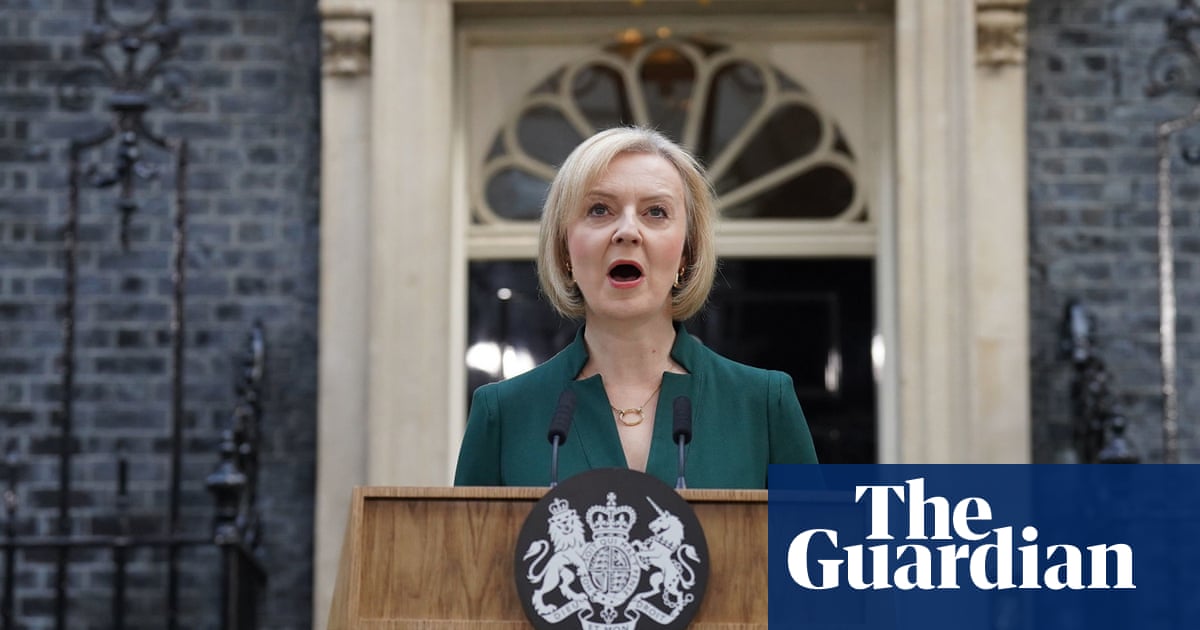




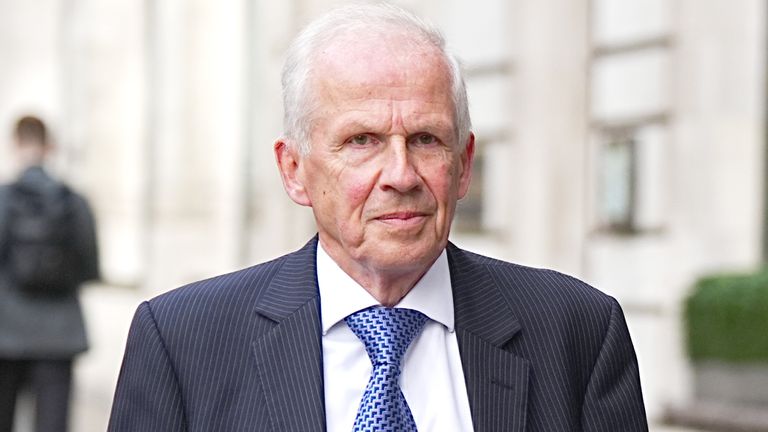
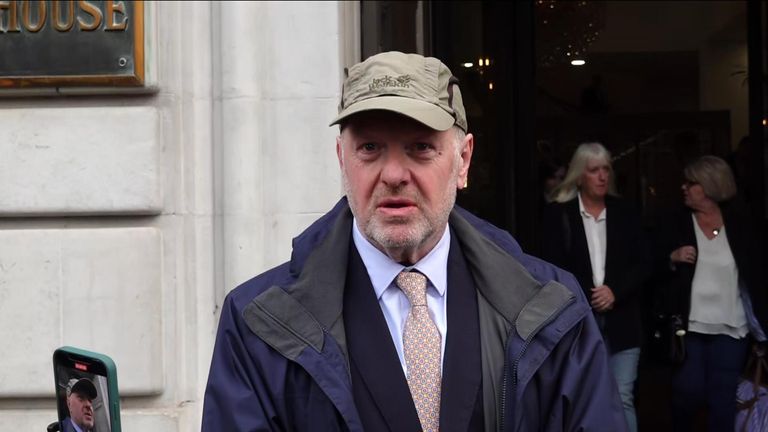

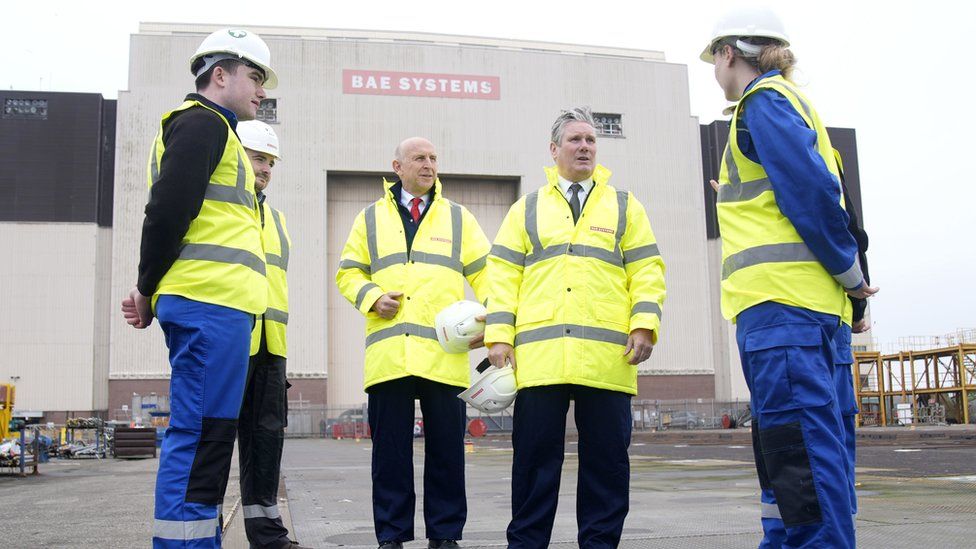
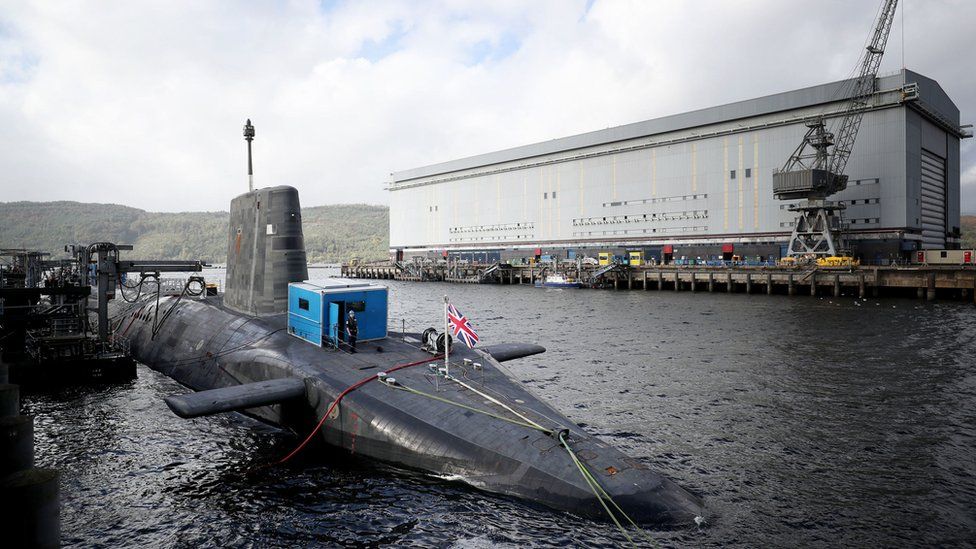
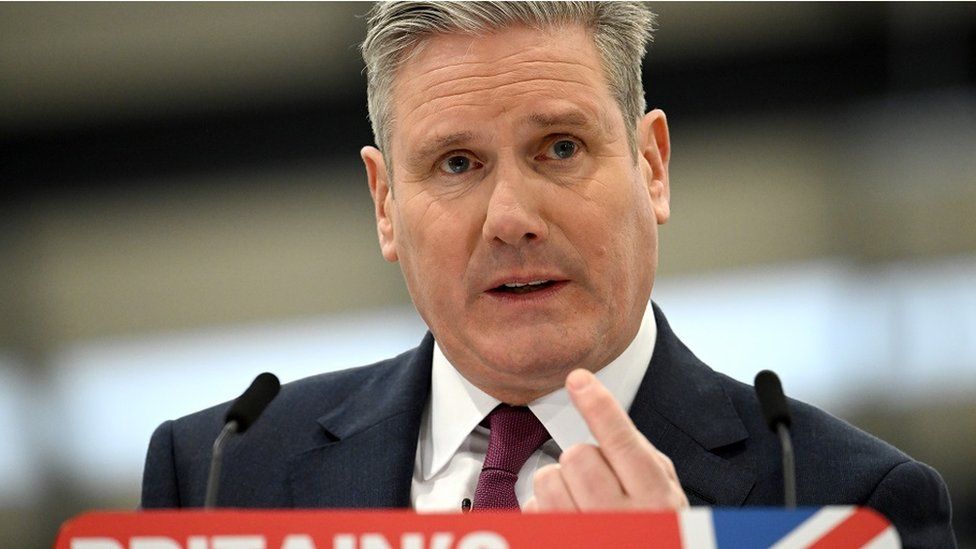
Sir Keir Starmer has stated that he will aim to increase defence spending to 2.5 per cent of GDP should his party win the next election, and recommitted to the maintenance of Britain’s independent Trident nuclear deterrent. The spirit of his words is clearly welcome; the substance, however, leaves something to be desired.
Once again, Britain is having the wrong debate on defence. It is good that attention is finally being paid to the need to expand and modernise our Armed Forces, but we must now be clear about the scale of the task ahead of us. It is no longer a matter of tweaking the budget by half a percentage point here or there, but ensuring we have the ability to defend our interests.
So far, the Conservative Party has failed to grasp this. Both the current Defence Secretary, Grant Shapps, and his predecessor Ben Wallace have had pleas for additional funding turned down. Sir Keir’s statement contained careful wording – and his pledge to raise spending “as soon as resources allow that to happen” may not be so different in practice to the Conservatives’ own “as soon as economic conditions allow”. But polling indicates that he is cutting through with the public on defence, and that the Tories risk being outflanked by Labour.
Rishi Sunak should respond by triggering a new national conversation on defence. In an increasingly dangerous world, it is time to set out the capabilities we need, and fund them, rather than continuing to tweak our capabilities to suit our budget.